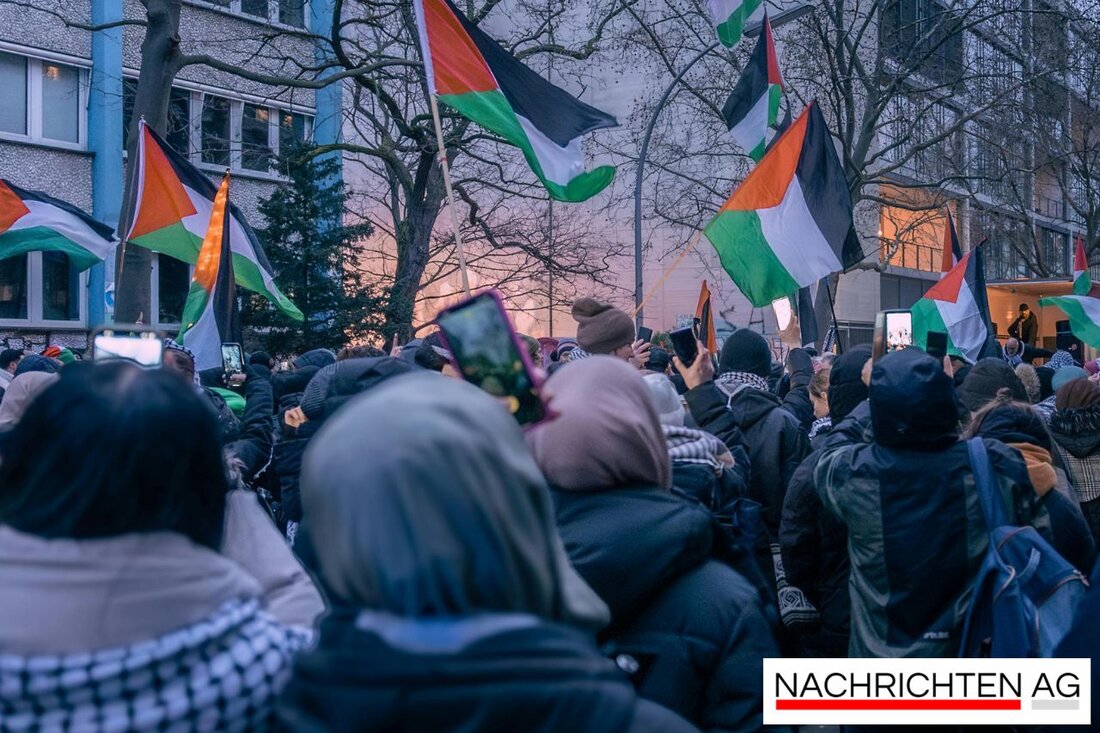Peaceful sounds in the shadow of protests: concert for memory in Delmenhorst
Peaceful sounds in the shadow of protests: concert for memory in Delmenhorst
Louisenstraße, 27749 Delmenhorst, Deutschland - On June 2, 2025, the Heimatverein and the Jewish community organized a concert event under the title "Peace and Memory" in the hall of the Jewish community in Louisenstrasse. The occasion of the concert was the examination of the music of Jewish composers who had suffered from the Holocaust. The event took place against a tense background, since police officers were present for observation to prevent violent protests against Israeli Palestine policy, such as Weser Kurier reported.
The concert was performed by the talented pianist Adrian Rusnak, who also works as a department head at the Delmenhorst music school and head of the Delmenhorst municipal orchestra, and his father, Geiger Laszlo Rusnak, the deputy concert champion at the city orchestra in Bremerhaven. With a varied program, they brought sounds and emotions that are deeply rooted in Jewish culture.
The musical program
The program started with "Hebrew melody" by Joseph Achrons. Laszlo Rusnak showed impressive timbres and design delicacy. Felix Mendelssohn Bartholdy's "song without words" and Erwin Schulhoff's "melody" also found their place in the concert. Adrian Rusnak reminded the melancholic sounds of the time with his solo played "Mazurka" by Wladyslaw Szpilman. Another highlight was "Yiddische Momme" by Lew Pollack, which set the love of a mother. The folkloric performance of "Hava Nagilah" and George Gershwin's "Summertime" in their own editing rounded off the program.
The concert ended with Max Bruchs "Kol Nidrei" op. 47, which was interpreted as a moving conversion of a prayer. The joy and applause of the audience enabled two folkloric encores that harmoniously rounded off the evening.
music as part of the memory
The meaning of music in Jewish life, especially during the Holocaust, is immeasurable. Musical performances acted as an expression of humanity and messengers in times of suffering, as well as the yad vashem . Both private and public performances took place in ghettos such as Łódź, Warsaw and Krakow to strengthen the community. Despite the censorship, musicians continued to publish works and sang together.
The songs document the fates of individuals, groups and communities and are a source of unity and commemoration. Well-known musicians and composers from the Holocaust period are firmly anchored in music history. Among other things, Schmerke Kaczerginski's song collection "Lider Fun di Getos Uns Warehouses" became the first of many documentaries that brought the world closer to the world's experiences. Some of these extraordinary songs, which come from the street musicians of the ghettos and the partisans, are also part of the virtual exhibitions of Yad Vashem.
Today, such compositions are still considered part of the collective memory and keep the memory of the victims alive. Melodies are reminiscent of the cultural life of the Jews before, during and after the war and express, hope and the incessant urge to peace, as in the Exhibitions of yad vashem becomes clear.
| Details | |
|---|---|
| Ort | Louisenstraße, 27749 Delmenhorst, Deutschland |
| Quellen | |


Kommentare (0)